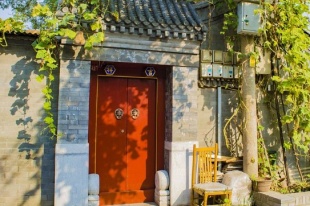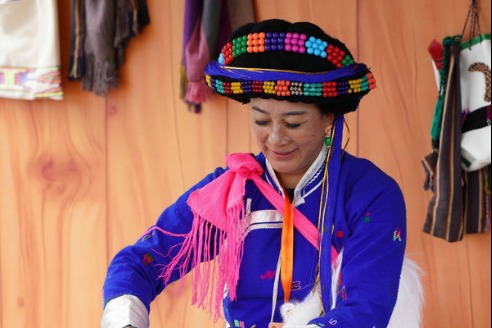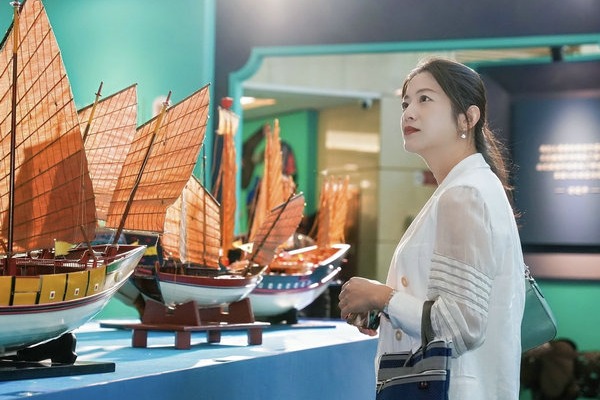Design Week highlights Hutong rejuvenation project

One of the highlighted events of the ongoing Beijing Design Week 2018 was launched on Sept 26 in one of the the capital city's hutong areas to explore revitalization of an old neighborhood.
With Fayuansi Project, about 40 exhibitions and interactive activities are being held to display possible solutions to give new life to local communities.
The exhibitions introduce a wide range of topics spanning from the design of new public spaces within communities, to digital management of residential areas and looking at how modern art can mix with the local culture.
Fayuansi, or Fayuan Temple, is a key Buddhist temple in the south of Beijing, which can dated back more than a thousand years. Its 16-heactre surrounding neighborhood is one of the few intact old hutong communities in the city, which has a rich historical and cultural significance.
Many celebrities once lived or participated in events in this area, adding to its abundant cultural significance. Chairman Mao Zedong once led an anti-warlord campaign here in 1920 when he was young. Famous Indian poet Tagore, and his Chinese counterpart, Xu Zhimo, visited Fayuan Temple together in 1924.
Nevertheless, the area's out-of-date infrastructure has gradually forced the redevelopment of this community. Consequently, the new project aims to look for solutions to rejuvenate the Fayuansi area through sustainable development.
The exhibitions, which are set up all over the neighborhood will continue until Oct 3.
A comprehensive plan for the renovation of the Fayuansi area was drafted earlier this year. Most of the historic architecture will be preserved, but work will balance the local residents' need for improved living standards, while attempting to maintain the original architecture.





































